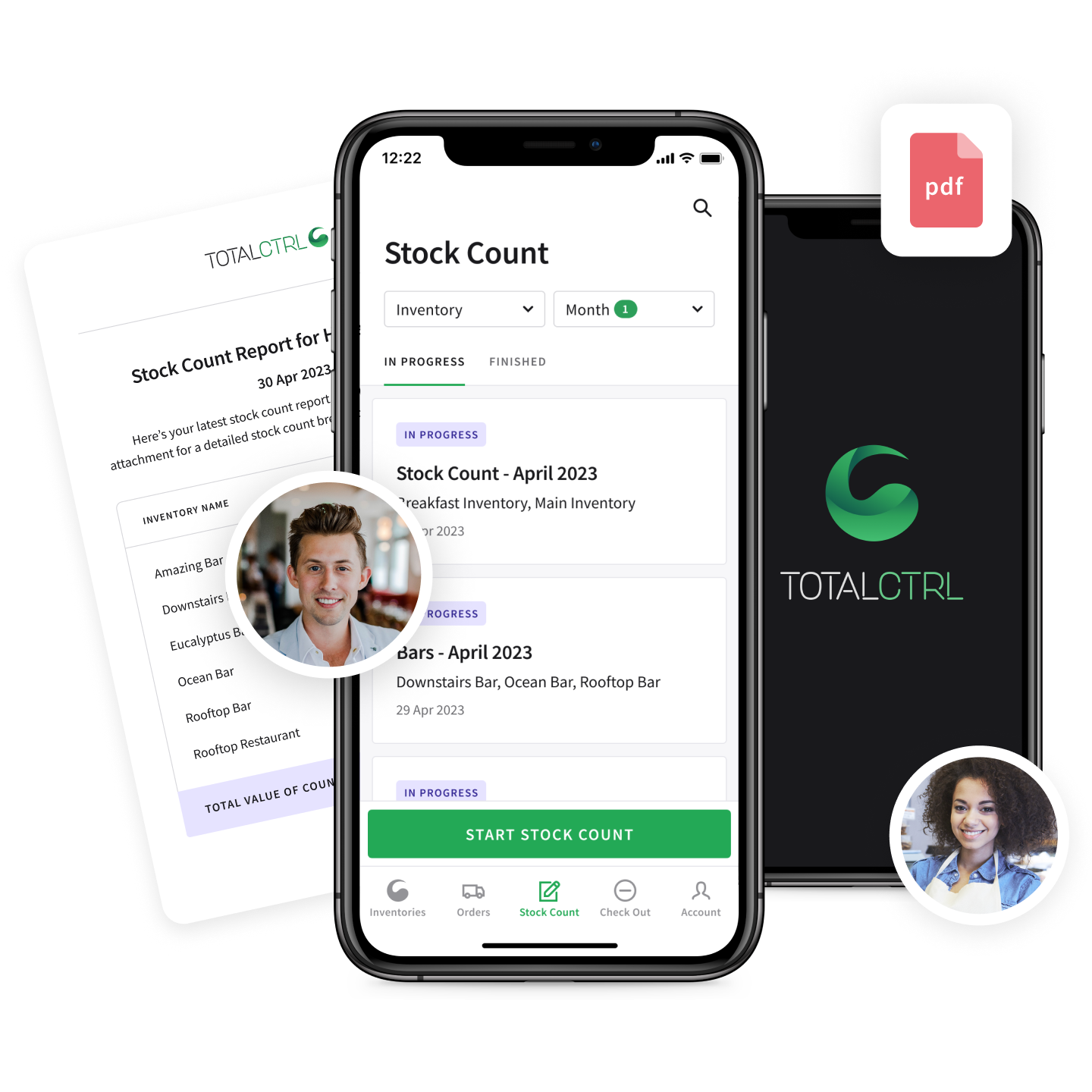When planning to study abroad, obtaining a student visa is one of the most important steps in your journey. The timing of your visa application can greatly affect your chances of approval, as well as ensure you have enough time to make travel and accommodation arrangements. But when exactly is the best time to apply for a student visa?
In this blog, we will discuss the factors that influence the best time to apply for a student visa and offer tips to help you plan your application effectively.
1. Start Early – The General Rule of Thumb
The general advice when applying for any type of visa is to apply as early as possible. This is particularly true for student visas. Visa processing times can vary depending on the country you are applying to, the time of year, and the specific embassy or consulate handling your application. Therefore, the earlier you start the process, the more likely you are to have your visa approved without delays.
As a rule of thumb, you should aim to apply for a student visa at least 3 to 6 months before your intended departure date. This allows you to have enough time to gather necessary documentation, attend interviews if required, and resolve any unexpected issues that may arise.
2. Understanding the Visa Processing Time
Each country has different processing times for student visas, which can range anywhere from a few weeks to a couple of months. For example:
-
United States (F-1 Visa): It can take anywhere from 3 weeks to 2 months to process an F-1 visa, depending on the time of year and consulate workload.
-
United Kingdom (Tier 4 Student Visa): Visa processing usually takes around 3 weeks but may take longer during peak periods.
-
Australia (Subclass 500 Visa): It typically takes 4 to 6 weeks to process a student visa in Australia.
-
Canada (Study Permit): The processing time for a study permit can vary, but it often takes 3 to 4 months.
Keep in mind that these processing times can vary, so it’s essential to check the official website of the embassy or consulate where you are applying for the most accurate information.
3. Consider the Academic Calendar
The academic calendar of the country and university you plan to study at also plays an important role in determining when to apply for a student visa. Most universities follow a fall semester (September to December) and spring semester (January to April) schedule, and student visa applications are often busiest in the months leading up to these terms.
If you're aiming for a fall semester, applying by spring (March or April) is a good strategy, allowing you enough time to address any issues that may come up. If you're aiming for the spring semester, applying by autumn (September or October) is recommended.
4. Avoid the High Traffic Seasons
Certain times of the year are particularly busy for visa applications. If you apply during these peak times, such as the summer months before the academic year begins or around major holidays, the chances of delays increase. Many students apply for their student visas during peak times, resulting in longer processing times.
Here are a few tips to avoid these busy periods:
-
Apply during the off-season: Try applying a few months before the rush begins. If your classes start in the fall, applying in the spring is ideal.
-
Plan around holidays: Be aware of major national holidays in both your home country and the country you are applying to. Embassies may be closed or have reduced hours during these periods, which could slow down the processing time.
5. Check the Specific Requirements of Your Chosen University
Some universities have specific timelines for when international students must have their visas in hand. Most universities require that students submit a visa before a certain deadline, so it’s crucial to be aware of these dates.
-
For example, early application deadlines for student visas might be in place for students applying to prestigious universities or programs.
-
Check with the university’s international student office for guidance on the exact timelines for visa applications and when you need to submit your student visa application in relation to your acceptance offer.
6. Preparing for the Student Visa Interview
In some countries, applying for a student visa might require an in-person interview. Visa interview slots can fill up quickly, especially during peak seasons, so it’s essential to schedule your interview as early as possible to ensure you get an appointment that aligns with your planned departure.
If an interview is required, make sure to gather all the necessary documentation well in advance, including your admission letter, proof of financial support, and any other documents requested by the embassy or consulate. Be prepared to answer questions about your study plans, your intentions to return home after completing your studies, and your financial ability to support your education.
7. Consider Delays in Processing
Delays can occur for a variety of reasons, including missing documents, additional background checks, or unanticipated high volumes of visa applications. To avoid complications, apply as early as possible to account for such delays. It’s also wise to track your application status regularly and reach out to the embassy if you experience any issues.
8. What Happens If You Apply Too Late?
If you wait too long to apply for your student visa, there’s a risk that you won’t receive your visa in time for the start of your classes. In the worst-case scenario, this could lead to missing the beginning of the academic term or, in some cases, being denied entry into the country if you don’t have your visa.
If you find yourself applying too late, you may still be able to expedite your visa process by paying for premium processing or fast-track services, but this will depend on the country you are applying to. Always check with the consulate or embassy for specific guidelines.
9. Conclusion
To ensure a smooth and timely student visa application process, you should start the process as early as possible, ideally 3 to 6 months before your intended departure. This will give you enough time to gather the required documents, attend interviews, and avoid any last-minute delays. Keep in mind the visa processing times for the country you are applying to, as well as the specific application deadlines of your university. By planning ahead and applying early, you can reduce stress and give yourself the best chance of receiving your student visa on time, allowing you to focus on your studies abroad with peace of mind.


















0 comments:
Post a Comment
We value your voice! Drop a comment to share your thoughts, ask a question, or start a meaningful discussion. Be kind, be respectful, and let’s chat!